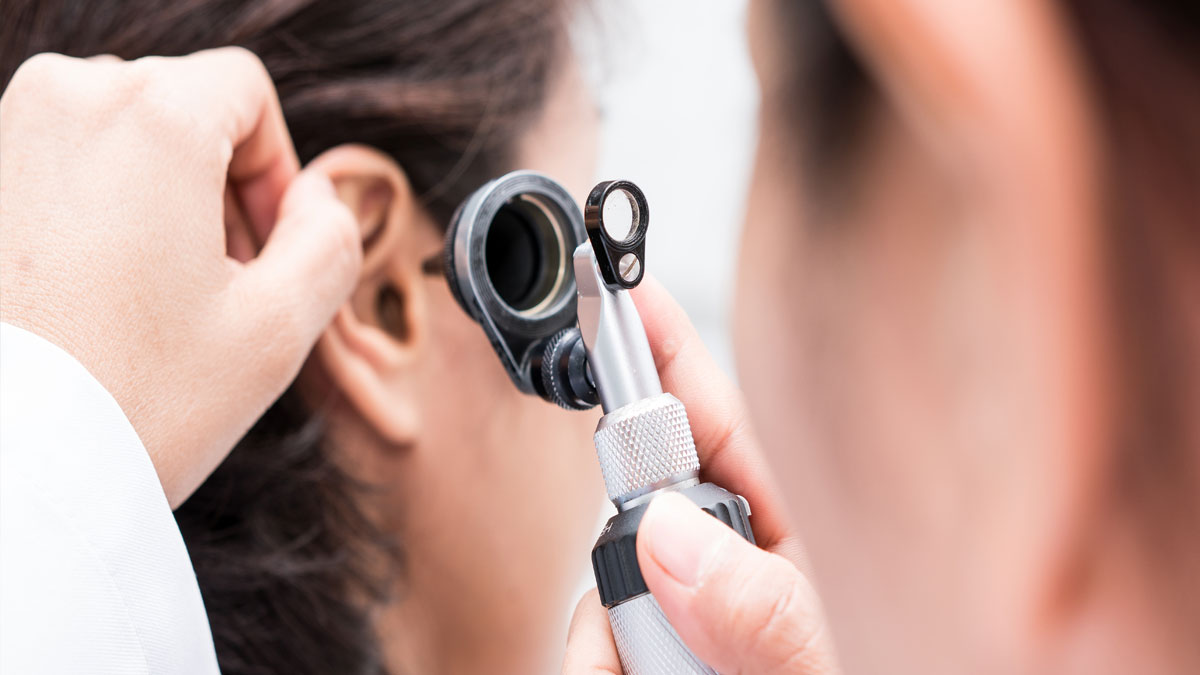For much of history, people have regarded hearing loss as an inevitable part of getting older. Fortunately, science is discovering new ways to treat hearing loss. In case you haven’t heard, hearing loss is far more serious than you think.
We all know someone who has trouble hearing, but, until the past few years, we really didn’t understand how deeply it affects every part of our lives. From depression and loneliness to cognitive decline and increased risk of dementia, we are discovering more and more that hearing loss is no longer just a quality of life issue but a medical one.
“Untreated hearing loss can begin affecting you in ways you may not have considered. Your brain has to work harder to compensate for the hearing loss, and this can lead to harmful falls, feeling disconnected socially and a decline in quality of relationships,” said Dr. Alan Smith of Anderson Audiology.
It’s estimated that there are 40 million Americans with hearing loss. Of those, only about 25 percent use hearing aids. Research shows that more than 90 percent of people with hearing loss would benefit from their use.
“Most people don’t realize this, but it takes people about 10 years of having issues with their hearing before they finally decide to come in and see us,” Dr. Smith said. “We take a unique approach to treatment that goes beyond just hearing aids.”
Since hearing loss actually changes the way the brain functions, it’s important to take a rehabilitative approach to amplifying the hearing of someone suffering from untreated hearing loss.
“I can teach you how to program a hearing aid in five minutes, but what really changes a person’s outcome is approaching this as if they would approach knee therapy or some other type of rehabilitation – regular visits, consistently using hearing aids, as well as utilizing smartphone technology to give you more control over your hearing aids.”
Technology has advanced considerably in the hearing aid market. No longer stuck with the clunky, tan devices of old, there are hearing aids that allow you to track them if they are lost, measure analytics and mitigate the challenges presented by multiple conversations in a busy setting like a crowded restaurant.
But why does it take 10 years for someone to come in and be seen when hearing is such an important part of life?
“Usually, we’ll see people come in once they’ve had what we call a ‘qualifying event.’ They’ve gone to a party or something similar and either came across as rude, confused or stuck their foot in their mouth because they couldn’t quite make out what the other person was communicating,” Dr. Smith explained.
In a perfect world, general practitioners would screen for hearing loss, but they rarely go beyond just taking a cursory glance. This leads to a false sense of helplessness when someone with untreated hearing loss goes about their life thinking their hearing loss is normal or there are no possible ways to treat it besides a clunky hearing aid.
“Even people as young as 30 can be affected by mild hearing loss. Their brains work harder to commit resources to hearing over a long period of time,” Dr. Smith concluded. “Educating yourself about the options and science behind untreated hearing loss goes a long way toward living a healthy, fulfilled life.”
Anderson Audiology is located at 101 Broadbent Way in Anderson. To learn more, visit www.andersonhearingaids.com or call 864-222-0059.
By James Crawford
